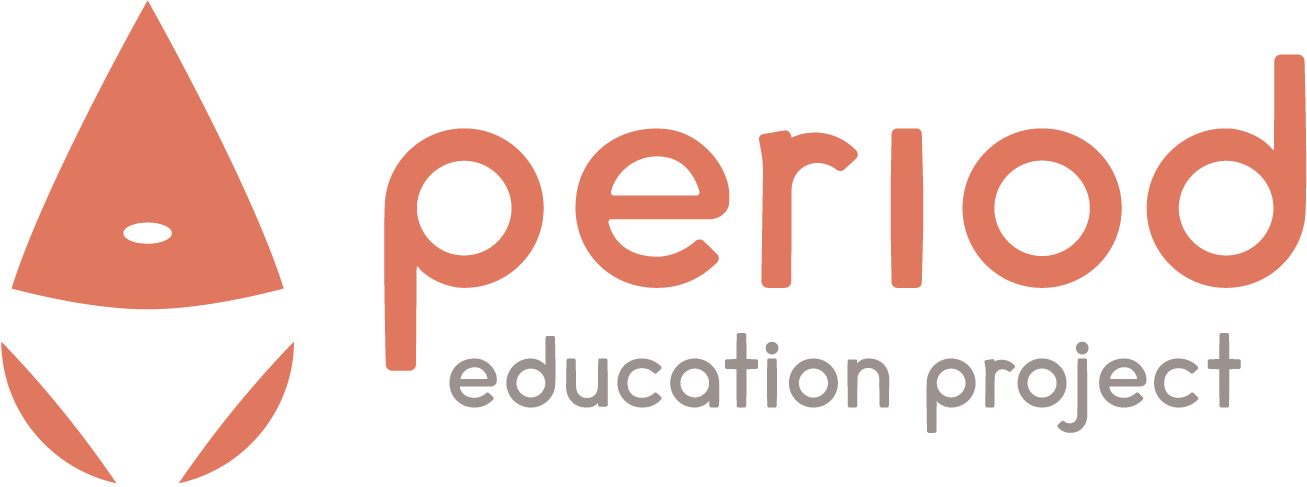By Kaitlyn Ellis , Period Pro from University of Louisville
Tampons, pads, cups, period underwear and more…there are so many different options when choosing a period product. There are even MORE options when considering different “organic” or “all natural” products. But are these organic period products better or safer than a conventional option?
In short, it is your choice! Neither option is “better” or “healthier” for your body. (Girlology)

Kaitlyn Ellis, Period Pro
When I was doing research in preparation for writing this article, I came across this crazy statistic: a person may use more than 10,000 period products across their menstrual life cycle. (Lin) 10,000 products! So, it is normal, and encouraged, to think about the ingredients and materials that go into making a product that you may use a lot!
The US Department of Agriculture (USDA) has a clear definition and sets clear standards for organic foods; but organic period products are not regulated in the same way that food is. In one study looking at volatile organic compounds (chemicals or ingredients) in feminine hygiene products sold in the US, the researchers found that period products labeled as “organic” or “all natural” did NOT have different amounts of those chemicals than a conventional option (Lin). They also found that these organic products did NOT have different impacts on vaginal irritation or toxicity.
Materials used to produce organic period products still carry a risk of exposure to global and local pollution, even though the materials are derived from plants and are not synthetically made. (Thompson) In conclusion, research confirms that organic products have not been found to be better or healthier.
What chemicals or ingredients do people worry about in period products? Some are concerned about things like bleach, rayon, or dioxins.
Let’s talk about bleach first: a purification technique in the production of tampons is called “bleaching,” BUT there is NO chlorinated bleach (like the kind used for cleaning) in tampons. What about rayon?
Rayon, like cotton, is a material that can be used to make tampons. It comes from wood fibers (that come from trees) and helps make tampons absorbent. Scientifically, it is just as safe of a material as cotton is. So what about dioxins?
Dioxins used to be produced by bleaching wood pulp to make rayon, and it WAS a harmful chemical. However, the producers of rayon fibers today use a different process that prevents these dioxins from forming in the production process. To take a quote from Girlology: “Just to be sure, the FDA has the manufacturers monitor dioxin levels in tampons and pads. Today, the dioxin levels in tampons & pads are no higher than the levels found in the air, water and soil. That’s almost none!”
Lastly, let’s talk about organic versus non-organic cotton. Some people choose organic cotton because of the lack of pesticides and other chemicals used during farming. While the cotton is being processed (before it can be used as a material in period products) it is “washed” with super hot water that removes the waxy coating on the outside of ALL cotton. During this process, pesticides and other chemicals that are potentially used in the farming of non-organic cotton are removed as well. This means that any type of cotton, organic or not, that is used to make tampons is safe for use. There’s a lot to understand about organic farming to help you make a decision about whether you want to use organic cotton. Organic farming, especially for cotton, uses more land and water than conventional farming, so the environmental impact is complicated.
Ultimately, tampons are medical devices that are safe to use, no matter if the label says “organic” or not! Choosing an organic product over a generic product is up to you! One is not better, safer, or healthier than the other.
REFERENCES:
Lin, Nan et al. “Volatile organic compounds in feminine hygiene products sold in the US market: A survey of products and health risks.” Environment international vol. 144 (2020): 105740. doi:10.1016/j.envint.2020.105740
Thompson LA, Darwish WS, 2019. Environmental Chemical Contaminants in Food: Review of a Global Problem. J. Toxicol 2019, 2345283.
Pai, Deanna. “Are Organic Tampons Better for You?” Keck Medicine of USC. 29 November 2022. https://telehealth.keckmedicine.org/blog/are-organic-tampons-better-for-you/
Girlology Downloadable: “The Girlology guide to Tampon & Pad Safety & Smarts!” www.girlology.com

Recent Comments